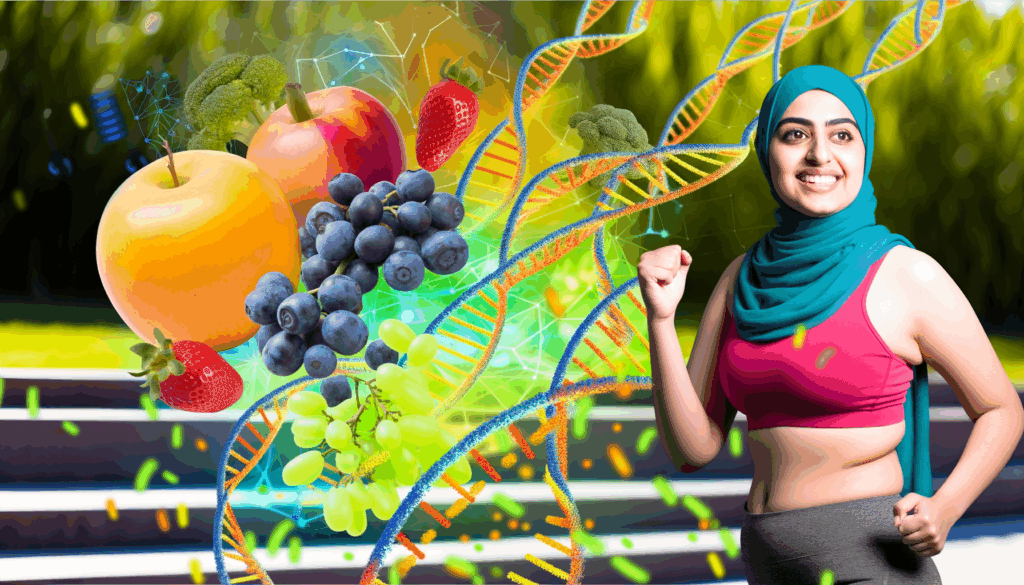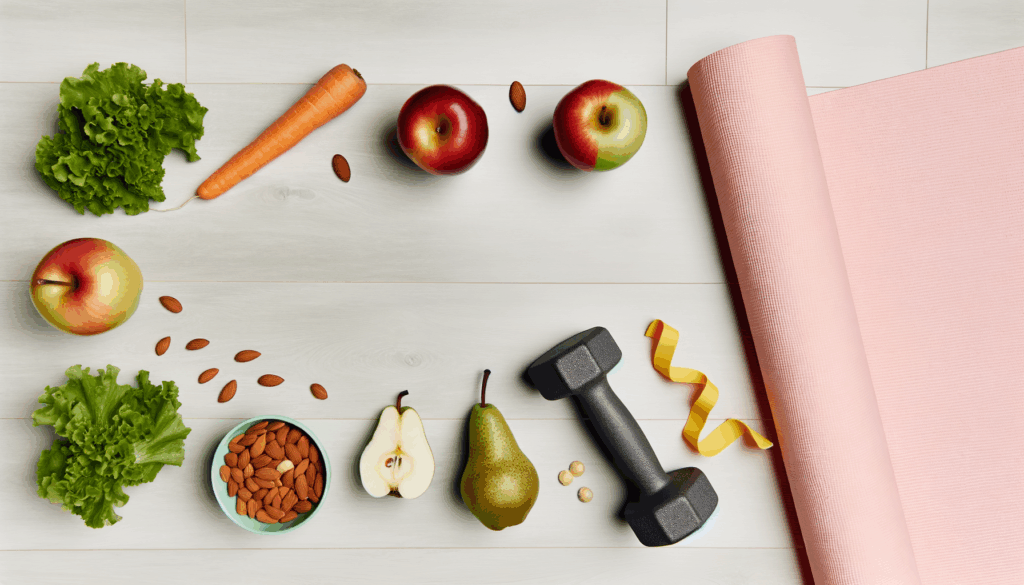The Unique Nutritional Needs of Circus Performers and Acrobatic Athletes
Circus performers and acrobatic athletes are among the most physically demanding professionals, requiring a meticulous approach to nutrition to maintain their performance levels and overall health. Unlike typical athletes, circus performers engage in a wide range of activities that demand flexibility, strength, endurance, and precision, making their nutritional needs highly specialized.
Understanding the Caloric Requirements
Circus performers, such as Eve Gordon, a silk aerialist and circus performer, have significantly higher caloric needs compared to the average person. Eve’s diet, for instance, involves consuming a substantial amount of calories to support her intense training and performance schedule. She mentions that she can eat more than the average person due to her high activity levels, often requiring up to 3000 calories a day, which is double the amount most people need.
This high caloric intake is crucial for muscle repair and maintenance. According to nutrition experts like Nadia Lim, circus performers need to ensure they are consuming enough protein, healthy fats, and complex carbohydrates. Foods such as avocados, nuts, and healthy dairy products like yoghurt are recommended for their high energy and nutrient-rich content.
Fueling and Recovery
Fueling and recovery are critical components of a circus performer’s diet. Dr. Alexia de Macar, a performance dietitian with extensive experience working with Cirque du Soleil and other elite performers, emphasizes the importance of scientific updates on fueling and recovery. She highlights that underfueling is a common pitfall among circus performers, which can lead to decreased performance and increased risk of injury.
For effective recovery, circus performers need to consume the right balance of carbohydrates and protein within a specific timeframe after their workouts. For example, consuming 30 grams of protein and 60-90 grams of carbohydrates within 30 minutes after a workout can help in muscle repair and recovery. Healthy snacks like an apple with almond butter or a banana with mixed nuts can be beneficial before workouts, while more substantial meals such as salmon with broccoli and brown rice are ideal for post-workout recovery.
Hydration and Electrolyte Balance
Hydration is another vital aspect of circus nutrition. Proper hydration is essential throughout the day, rather than consuming large amounts of water just before or after class. Research suggests that hyperhydration can be as detrimental as dehydration. A balanced approach involves drinking water regularly and consuming light amounts of fluids during exercise, with an increase in water intake for 1.5 to 2 hours after the workout.
Avoiding Common Pitfalls
Circus performers often face unique challenges that can impact their nutritional habits. For instance, the lack of a true “offseason” in circus performances means that performers are constantly training and performing, which can lead to fluctuations in act-specific training and increased injury risk. This makes it crucial to maintain consistent nutritional habits even during brief performance breaks.
Additionally, the high volume and frequency of circus performance training and show exposures can negatively influence sleep quality, recovery, and performance. Therefore, performers must be mindful of their diet to avoid common pitfalls such as consuming too much sugar and fatty foods, which provide energy but lack nutritional value.
Case Studies and Real-World Examples
Eve Gordon’s diet is a practical example of how circus performers manage their nutritional needs. Her day includes a variety of meals and snacks tailored to her high-energy lifestyle. For instance, she starts her day with strong coffee, fruit, and muesli, followed by an egg and bacon bap for breakfast. Her light food days, when she is not training, still include high-protein foods like chicken and penne salad to support muscle recovery.
Implementing a Personalized Nutrition Plan
Given the diverse and specialized nature of circus performances, it is essential to develop a personalized nutrition plan. This involves understanding the specific demands of each performance act and tailoring the diet accordingly. For example, acrobats performing overhead traction and torsion acts have different nutritional needs compared to those performing lateral movement acts.
Using tools like the Calorie Calculator Cloud can help circus performers and acrobatic athletes calculate their exact caloric needs based on their activity levels, weight, and other factors. This can be particularly useful in ensuring they are meeting their nutritional requirements without over or underfueling.
Conclusion and Next Steps
Nutrition for circus performers and acrobatic athletes is a complex and nuanced field that requires careful planning and execution. By understanding the unique caloric requirements, focusing on proper fueling and recovery, maintaining hydration, and avoiding common pitfalls, performers can optimize their performance and reduce the risk of injury.
For those looking to enhance their nutritional strategies, consulting with a performance dietitian like Dr. Alexia de Macar or using resources from organizations such as Dare to Fuel Performance can provide valuable insights and practical advice.
Incorporating the right nutritional habits into your daily routine can significantly improve your performance, recovery, and overall well-being. Whether you are a seasoned performer or just starting out, taking the time to understand and meet your nutritional needs is crucial for success in the demanding world of circus and acrobatic performance.
Consider exploring the Calorie Calculator Plans to find a solution that fits your specific needs and helps you achieve your performance goals.








